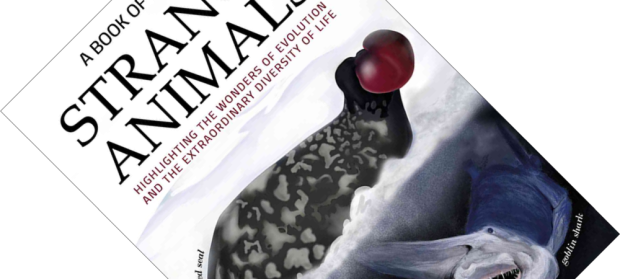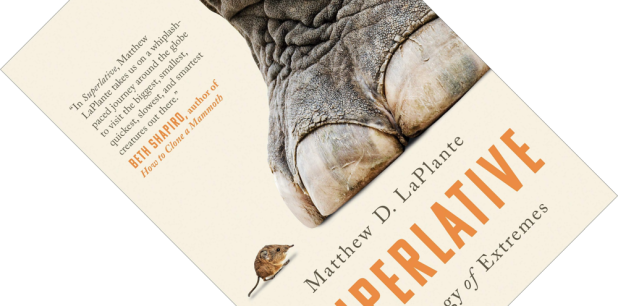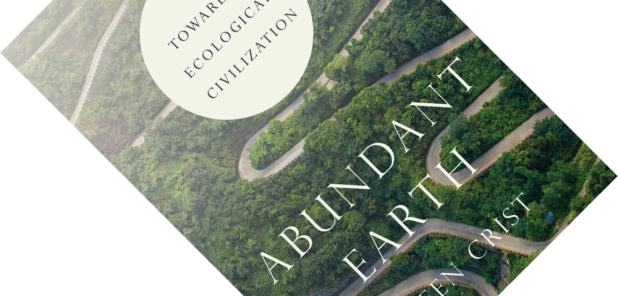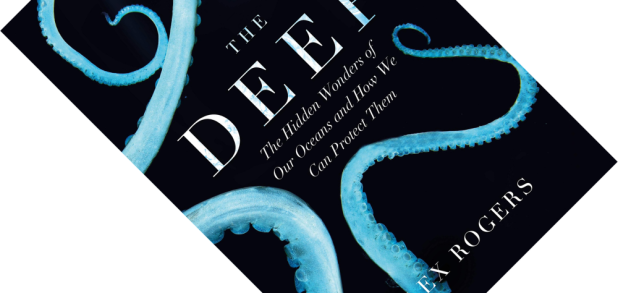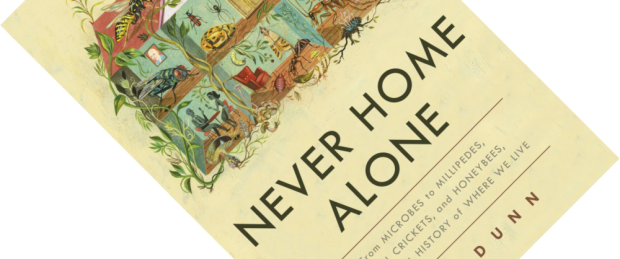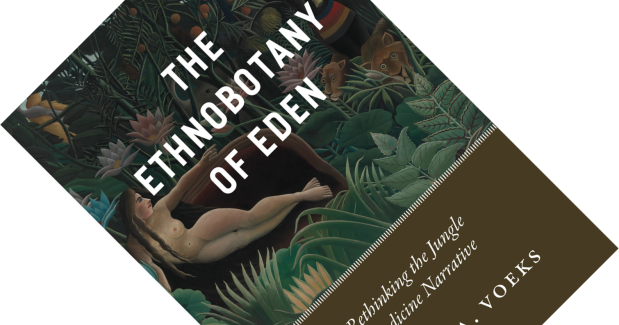Planet Earth is home to a staggering number of species. A 2011 article in PloS Biology gave an educated guess of 8.7 million known species of eukaryotes (this is the domain of life to which all multicellular life forms – plants, insects, fungi, mammals etc. – belong, but excludes single-celled life forms such as bacteria). More staggering still is that this probably is only 10-12% of all existing species, with an estimated 86% of terrestrial species and 91% of marine species as of yet undiscovered.
So, scientists describe new species of plants and animals all the time. This much you probably know. What might come as a surprise, however, is that many of these discoveries are not made in the field, but in the massive natural history collections housed in museums around the world. In The Lost Species, Christopher Kemp takes the reader on a tour through the collections to reveal the stories behind some of these discoveries.
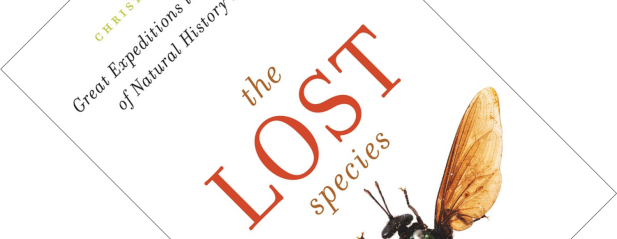 (more…)
(more…)

